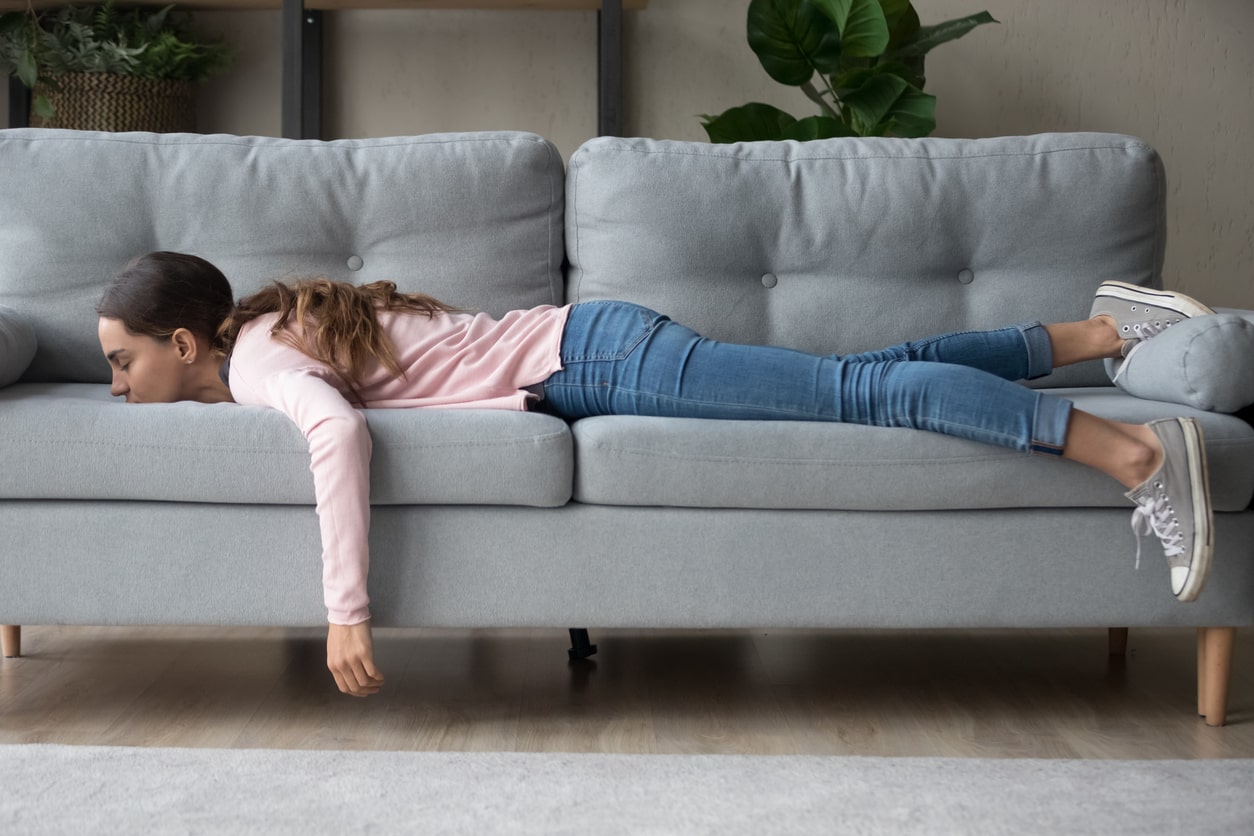It’s no secret that stress has a direct, negative effect on our sleeping patterns. But, the reason for this relationship remains mysterious for most people. This is true even though about one-third of Americans don’t get sufficient rest. The issue has become so widespread that the Center for Disease Control now considers sleep deprivation to be a national epidemic. They state that its effect on the American people is too prevalent to ignore. We can be sure that stress affects sleep. And, this in turn affects our lives.
A final answer has yet to be reached. But, the truth is that the stress/insomnia relationship most likely comes down to our body’s physical state. Sleep loss often comes from experiencing the effects of what scientists call hyperarousal.
In layman’s terms, hyperarousal is a heightened state of tension and vigilance. It is largely considered to be a natural part of our bodies’ response to stressful situations. Scientists generally assume that it was originally an evolutionary adaptation. Its purpose was to strengthen our natural defense mechanisms. Unfortunately, in our contemporary world, it mostly just prevents us from getting a good night’s sleep. Instead, we lie awake, contemplating our lives.
The Effects of Hyperarousal (How Stress Affects Sleep)
This hypothesis has been pretty heavily researched. The thanks go to cooperative patients that have chronic insomnia. There are two models: the cognitive model and the physiological model. The first model is difficult to study objectively. The reason is that the model focuses primarily on the participants’ thoughts and feelings prior to falling asleep. However, the physiological model can provide powerful insight. It can help us look into the role of stress in creating and worsening sleep disorders.
In one study, healthy sleepers were compared to patients with chronic insomnia. They looked at the body’s metabolic rate, heart rate variability, internal chemicals, and brain activity. Across the board, those with insomnia showed elevated levels of activity. This proved that their bodies were behaving in a hyperactive fashion compared to the healthy group.
Unfortunately, stress-related insomnia has a compounding effect over time. The same is true for all disorders that lead to sleep deprivation. A lack of proper rest adds physical stressors to the existing scenario. But, there is hope.
Treating Stress and Sleep as Separate Conditions
To combat the full effects of stress-related sleep disorders, the patient must take the initiative. The best way to do this is to seek out a two-pronged approach to their condition. If you are suffering from a stress-related sleep disorder, then you cannot physically afford to treat only half the problem. Even if you’re able to find a therapist to help you manage the emotional stress of your life, it might not be enough. You can still be left with the physical stress of sleep deprivation.
To fully escape the cycle of stress and sleep deprivation, you have to treat both conditions at the same time. At Dr. Mayank Shukla’s New York Asthma and Sleep Institute, he can help you determine the nature of your sleep disorder. He also looks at whether the underlying cause is stress-related. With more than fifteen years of experience serving the people of New York, Dr. Shukla has the expertise you need. He can help treat physical sleep disorders on his end. Also, he can connect you with the proper resources to handle any underlying mental illness or psychological stressors.
Taking Care of You
We live in stressful times, and we have to trust our bodies more than ever. If you are consistently struggling with falling asleep and staying asleep, then now is the time to seek help. Don’t let stress affect sleep. Sleep deprivation is a serious condition that will eventually bleed over into every facet of life. It can affect your mental sharpness, your ability to focus, and even your mood. Don’t wait for your condition to start negatively affecting your quality of life.

